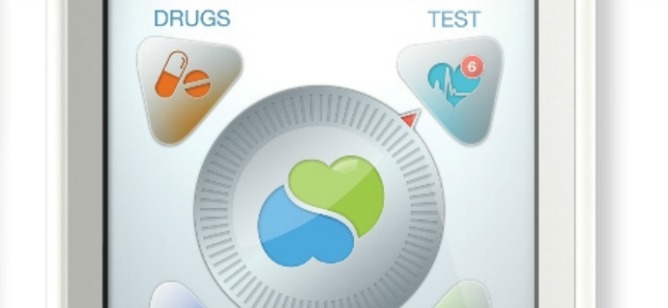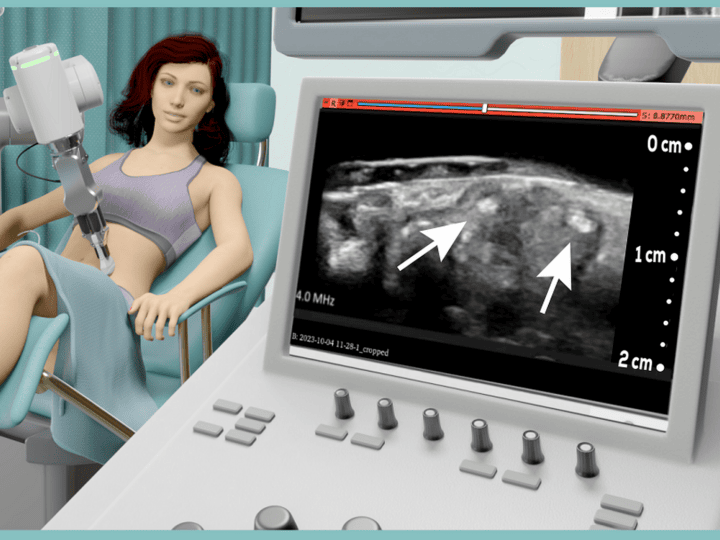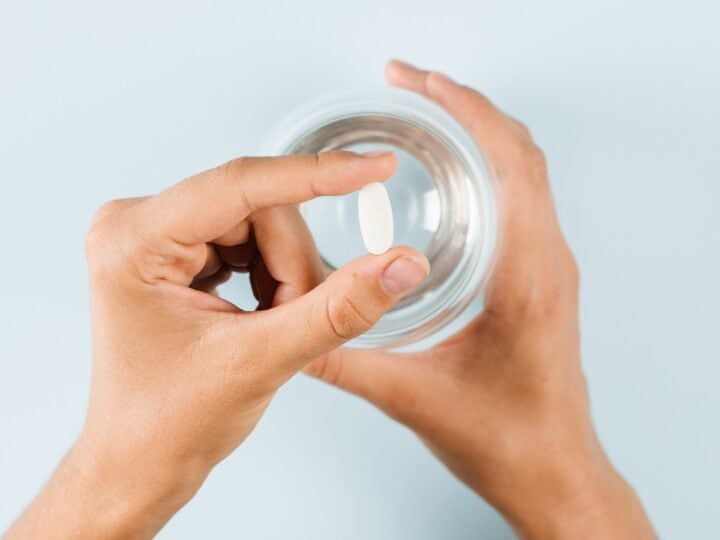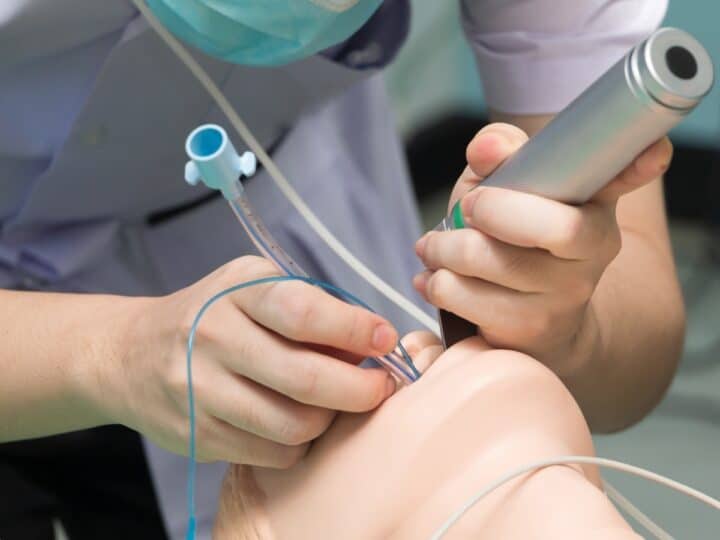Don’t have a stethoscope handy? A thermometer? A pedometer? You won’t need any of these devices to measure your heart rate, temperature and daily steps – plus many more health and fitness parameters – if you have LifeWatch V, the world’s first medical smartphone.
Rehovot-based LifeWatch Technologies is the brains behind this breakthrough technology, an Android-based phone with embedded sensors to analyze everything from blood glucose levels to body fat percentage. The system can even let you do an at-home electrocardiogram (ECG) or measure your blood pressure with an attached sleeve.
Spread the Word
• Email this article to friends or colleagues
• Share this article on Facebook or Twitter
• Write about and link to this article on your blog
• Local relevancy? Send this article to your local press
Now in the process of regulatory approvals in Israel, Europe and the United States, LifeWatch V sends all the test data automatically and securely to a remote server in the cloud for analysis by the company’s proprietary algorithms. Results and trend data are quickly shared with the user and, if desired, with a third party (parent or healthcare provider, for example) via email or text message.
CEO Dr. Yacov Geva says the smartphone will be especially useful to help manage many aspects of a chronic medical condition such as diabetes. For health-conscious consumers, the device can also remind you to take your vitamins or measure your footsteps, plan your diet or log your workouts.
For kids to elders
Geva tells ISRAEL21c that he conceived of the idea long before its time, getting patents in 1998 for embedding sensors in a PDA (remember Palm Pilots?). In 2001 and again in 2006, LifeWatch developed the product idea further, but the technology still wasn’t at a point where the device would be “friendly” enough.
“The real breakthrough came when Apple changed how a smartphone could be used, so we were able to take our initiative forward and develop the product based on an Android operating system,” says Geva.
The company designed the monitoring and diagnostic tool to be user-friendly for anyone from children to seniors. Geva envisions children with diabetes as a core target group for LifeWatch V. Blood glucose test strips can be inserted right into a portal on the phone’s stainless-steel frame.
“Parents can follow their children to see if they’re doing daily testing and taking their insulin while they’re at school,” he explains. “Let’s say a child has to do a blood glucose test at 9am. When he does the test, the data is sent automatically to the cloud and the parents can get the results immediately, on any kind of device. If the parent does not see that the test was done, the parent can call to remind the child.”
TechFaith Wireless Communication Technology of China will manufacture the smartphones for LifeWatch based on the Israeli specs and industrial design. Interface will be available in Hebrew, English, Portuguese, Spanish, Italian, Russian, Chinese and Japanese. “We will sell the device for between $500 and $700, depending on the country and individual carrier agreement,” says Geva.
LifeWatch expects to launch sales later this year, after receiving the European CE mark and Israeli regulatory approvals; and in the United States next year, following clearance from the US Food and Drug Administration. “We have more than 20 years of experience with developing 45 different medical sensors and taking them through regulatory bodies including the FDA,” Geva says with confidence.
The next big thing in mobile healthcare
Founded about two decades ago, LifeWatch is primarily an ambulatory diagnostic testing developer owned by LifeWatch AG, a leading Swiss healthcare technology and solutions provider.
With 65 employees at its R&D center in Rehovot’s Rabin Science Park, and almost 500 employees in the United States, the public company offers a comprehensive platform of patient technologies and services, such as home-based heart monitoring and home sleep testing, in addition to wireless monitoring devices for emergency medical personnel.
“More than 300,000 new patients every year in the US are being monitored through LifeWatch,” Geva says.
Owners of the medical smartphone will be able to have the test results sent directly to one of LifeWatch’s three US emergency call centers – one covering each of the country’s time zones. In the next few months, a similar call center will be set up in Israel, says Geva.
Since mobile healthcare is a rapidly developing area, encompassing everything from sophisticated telemetry to iPhone apps that manage your fitness routine, it’s likely that LifeWatch has hit on the next big thing with its unique smartphone. Geva says a future version will include additional sensors for even more functionality.
And if it’s built-in capabilities aren’t enough to meet an individual user’s needs, Geva assures us that it’s possible to download additional apps onto LifeWatch V, just like with any similar device. Oh, and it also makes and receives plain old phone calls.

















